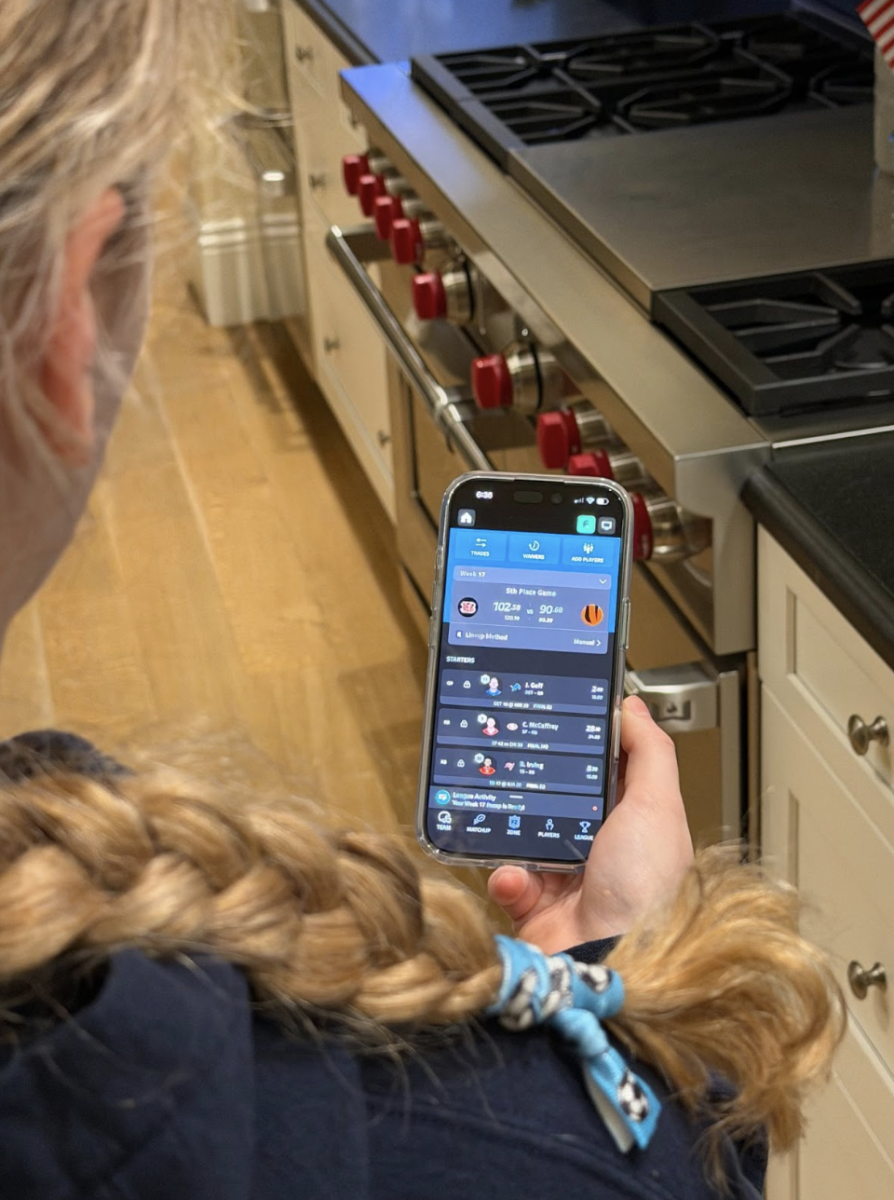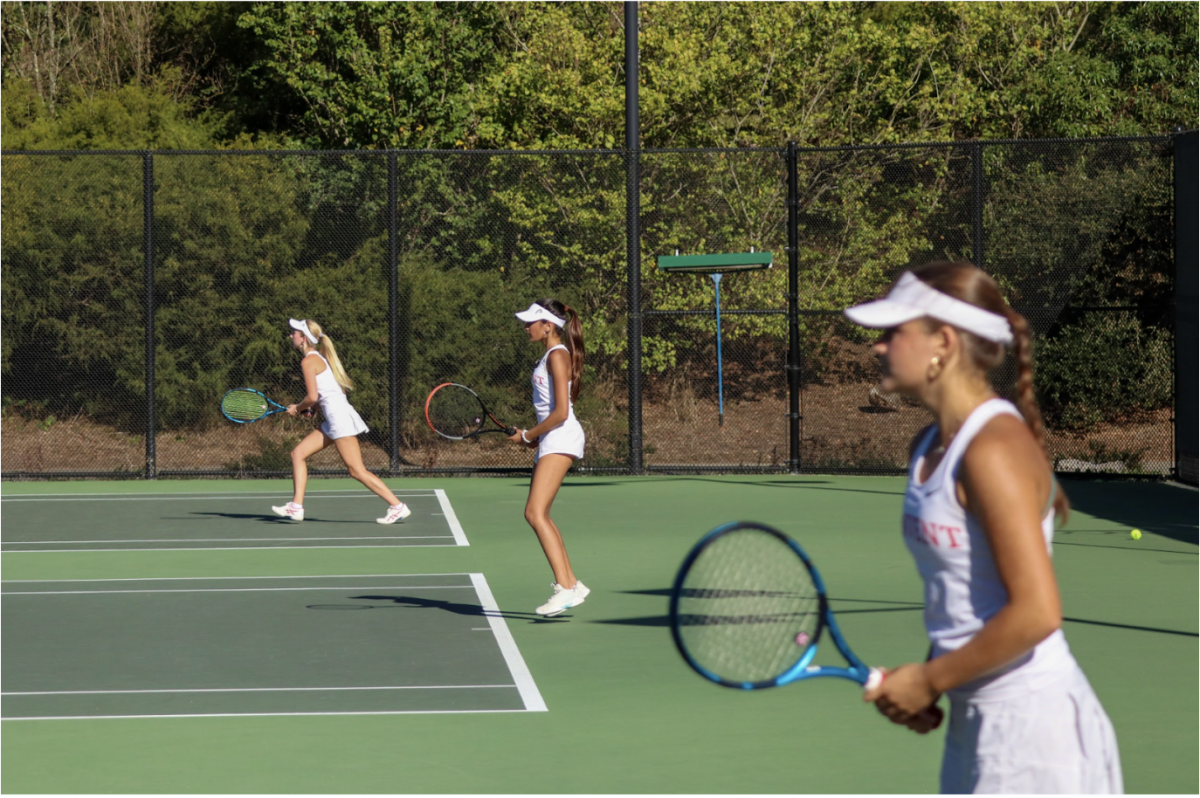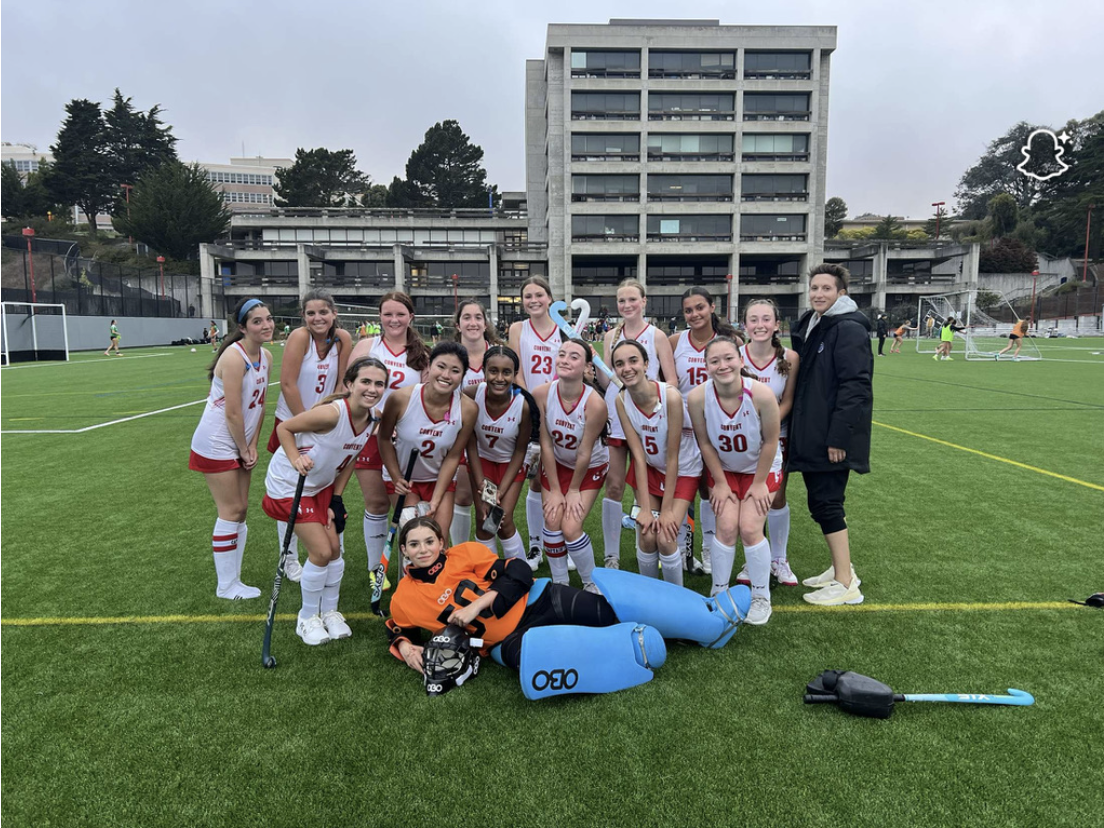Liz Smith
Asst. Sports Editor
When sophomore Mary Katherine Michiels-Kibler returns from her two-hour cross country practice after school, she lifts her heavy backpack and sports bag onto her shoulders before heading up to the library to study while she waits for her mom to pick her up half an hour later.
As a student athlete, Michiels-Kibler says she has learned how to budget her time around after-school sports.
“At first [finding a balance between work and sports] can be hard,” Michiels-Kibler said, “but I always find that once a couple of weeks go, it is actually easier because you have a routine. I can’t function after an all-nighter, but I never skip dinner to do homework.
Students not only perform better academically when participating in a sport, but sports and exercise physically benefit the state of the brain by improving blood flow and neuron production and connections according to a study by R.J. Shephard of University of Toronto, Ontario.
This may be good news to students. Approximately 84 percent of Convent students participated in at least one school sport last year according to Curriculum Coordinator Doug Grant.
“I don’t procrastinate because I will have just exercised, which gives me a break from school work so I feel ready for homework,” said Michiels-Kibler.
Learning resource teacher Patricia Kievlan, who helps students organize their priorities, says she sees many students with strong extracurricular commitments.
“If school is harder for you, I think having something you can excel at that’s fun can be help you be a more successful student,” Kievlan said.
Learning to balance school and extra curricular activities didn’t come all at once for Caroline Hearst (’10), a freshman at Princeton who danced six days a week at the San Francisco Ballet while she attended CSH.
“A big piece of the puzzle is just staying on task,” Hearst said. “Facebook, iTunes, IM, email and our cell phones are all pulling us away from our work. Under the pressure of time, you have to take advantage of every available minute. Having something that eats up your time, like ballet, also encourages you to stay on task.”
“Time management is one of the most important things for a high school student to learn,” said Kievlan, “and extracurriculars help you learn the consequences of limited time and eventually how to break up your time in a way that works for you.”








